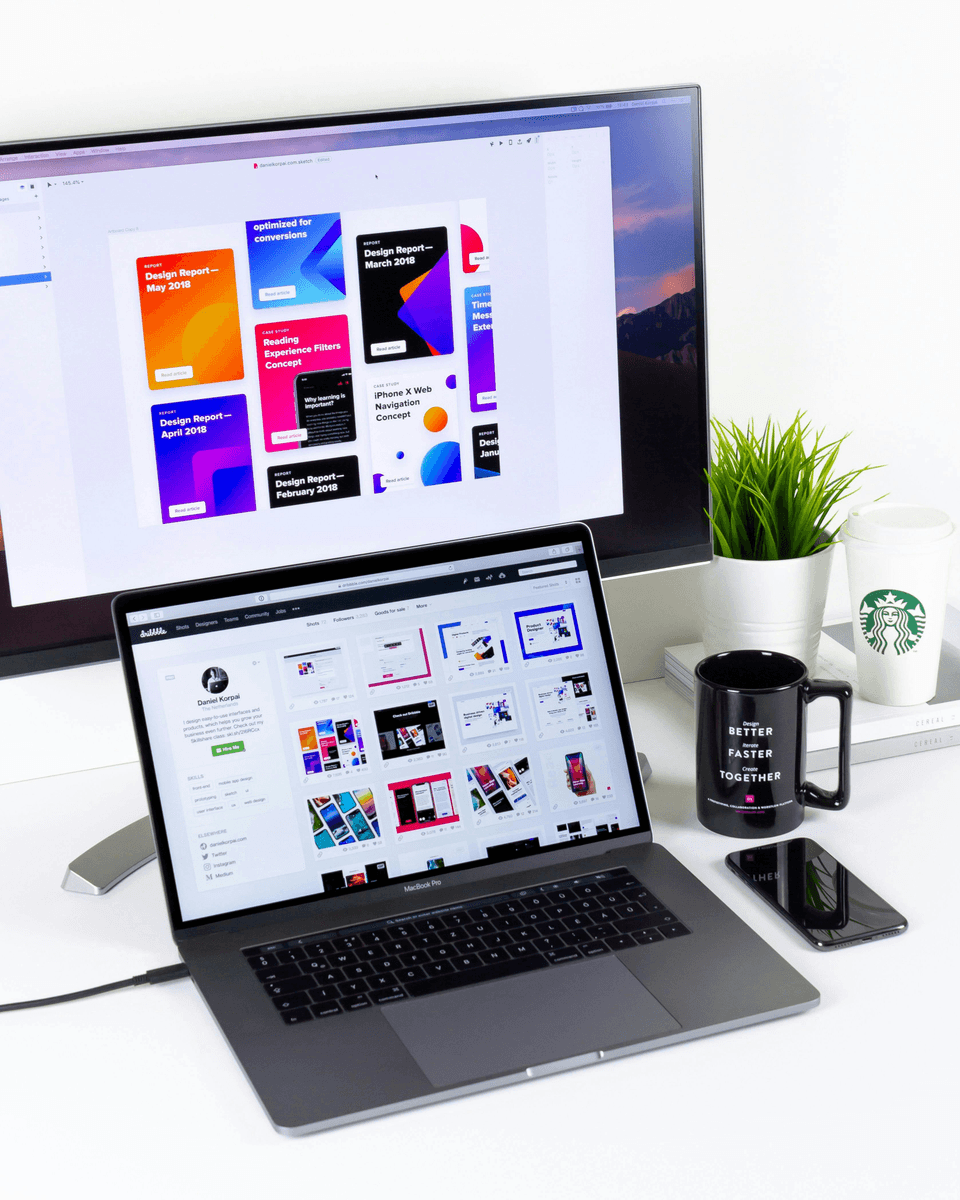Is Web Design Threatened By AI

Web design has long been considered a creative and dynamic field that requires a human touch to truly bring a website to life. However, with the rise of artificial intelligence (AI) technology, there has been some concern about whether AI could potentially threaten the role of human web designers.
AI has made significant advancements in recent years, particularly in the realm of automation and machine learning. This has led to the development of AI-powered tools that can assist in various aspects of web design, such as generating code, designing layouts, and even optimizing user experiences. These tools have the potential to streamline the web design process and make it more efficient, but they have also raised questions about whether they could eventually replace human designers altogether.
One of the primary concerns about AI in web design is the fear that it could lead to a homogenization of design styles. AI-powered tools often rely on algorithms and data to make design decisions, which could result in a lack of creativity and originality in the final product. Additionally, there is a worry that AI could prioritize functionality and efficiency over aesthetics and user experience, potentially leading to cookie-cutter websites that lack personality and character.
Despite these concerns, many experts believe that AI is unlikely to completely replace human web designers in the near future. While AI can certainly assist in certain aspects of web design, such as repetitive tasks or data analysis, it lacks the creativity, intuition, and emotional intelligence that human designers bring to the table. Design is a highly subjective and personal process, and AI simply does not have the ability to understand and interpret human emotions, cultural nuances, and individual preferences in the same way that humans can.
Furthermore, the role of a web designer goes beyond just creating a visually appealing website. Designers are also responsible for understanding the needs and goals of their clients, conducting research and analysis, and collaborating with other team members to bring a project to fruition. These are all tasks that require human intelligence and creativity, and cannot be easily replicated by AI.
In fact, many designers see AI as a valuable tool that can complement their skills and enhance their work, rather than as a threat to their profession. AI-powered tools can help designers automate repetitive tasks, generate ideas, and analyze data more efficiently, allowing them to focus on more strategic and creative aspects of their work. By leveraging AI technology, designers can work faster, smarter, and more effectively, ultimately delivering better results for their clients.
In conclusion, while AI has the potential to disrupt the field of web design in some ways, it is unlikely to completely replace human designers. Design is a complex and multifaceted process that requires a combination of technical skills, creativity, and emotional intelligence, all of which are uniquely human qualities. AI may be able to assist in certain aspects of web design, but it cannot replicate the depth and complexity of human creativity. As such, web designers should embrace AI as a valuable tool that can enhance their work, rather than fear it as a threat to their profession. By leveraging AI technology effectively, designers can continue to create innovative and compelling websites that resonate with audiences and drive results.